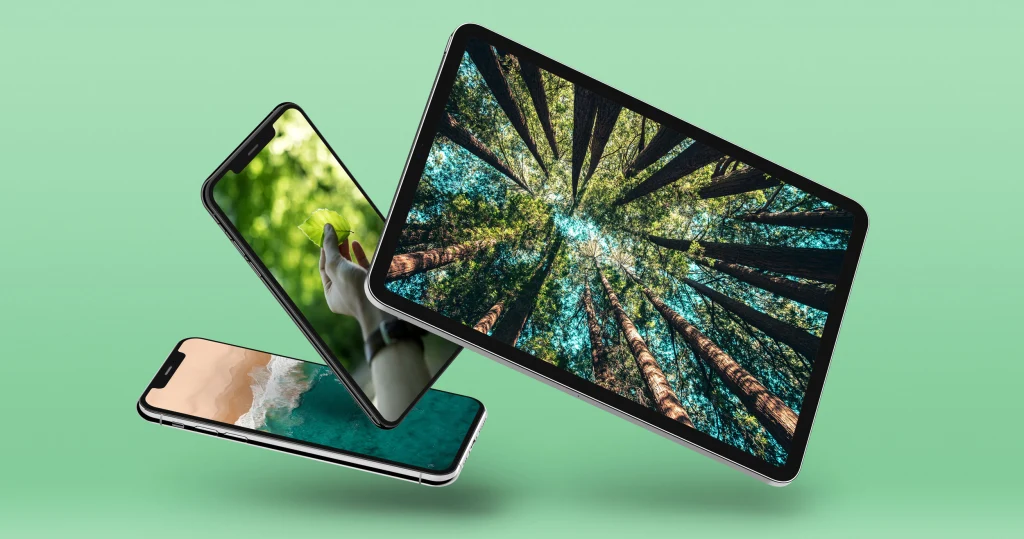Two Workshops at DIS 2024
The Interactive Technologies Institute is pleased to announce its organisation of two groundbreaking workshops at the upcoming DIS 2024 conference. These workshops aim to foster innovative approaches in their respective fields, promoting collaborative research and transdisciplinary education.
Fostering Feminist Community-Led Ethics
The first workshop, titled Fostering Feminist Community-Led Ethics, will delve into the intersection of community-led ethics, feminist Human-Computer Interaction (HCI), and digital civics. This workshop is designed to foster collaborative research practices deeply rooted in ethical principles. Participants will engage in dynamic discussions, interactive activities, and hands-on ideation sessions aimed at developing a comprehensive meta-toolkit for community-led feminist ethics applicable to HCI projects.
To participate, attendees must submit a 1-2 page experience report in PDF format or a 2-minute video recording in MP4 format. These submissions should describe their relevant personal, professional, or research experiences and include a reflection on what community-led ethics means to them. Creative and alternative formats are welcomed, encouraging participants to express their insights in diverse ways.

Green-think Beyond the Screen
The second workshop, Green-think Beyond the Screen, aims to convene a transdisciplinary group of experts in interaction design, computer science, informatics, product design, design engineering, and experience design within an educational context. This workshop will explore the evolution of Sustainable Interaction Design (SID) from a focus on environmental sustainability to a broader, more inclusive perspective that emphasizes innovative teaching methods and transdisciplinary collaboration.
Participants will engage in a critical debate and work towards developing an agenda-setting manifesto for SID in interaction design programs. This one-day, in-person workshop is tailored to meet the pedagogical needs of interaction design educators and a diverse group of academics. The workshop’s goals include promoting critical discussions, shaping future educational agendas for SID, and focusing on transdisciplinary design practices, pluralistic contextual understanding, and community building in education. A key outcome will be the creation of a data visualization map to foster a shared vision for SID education.